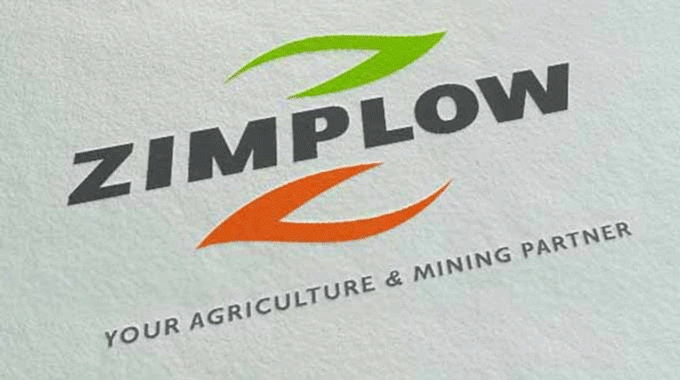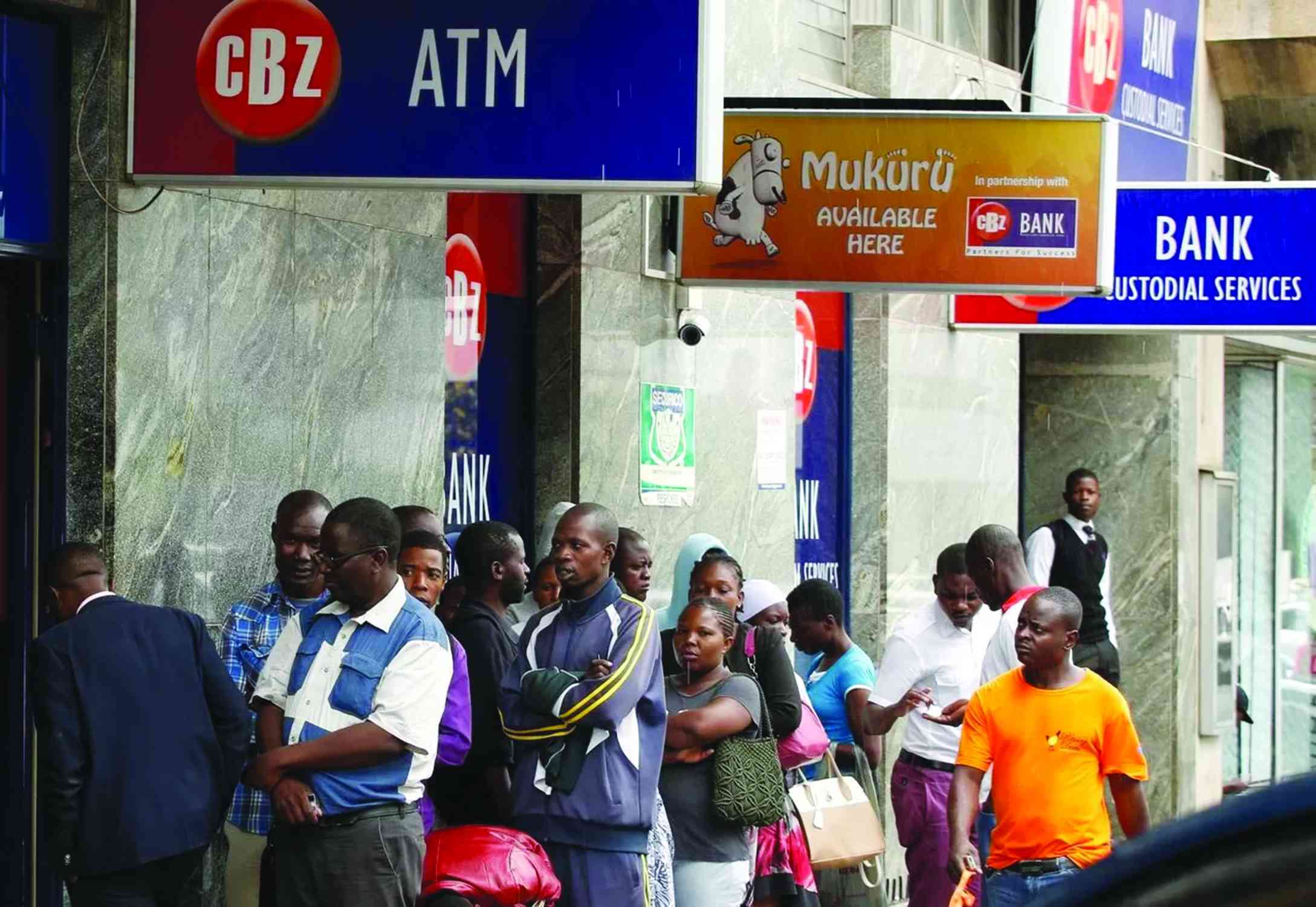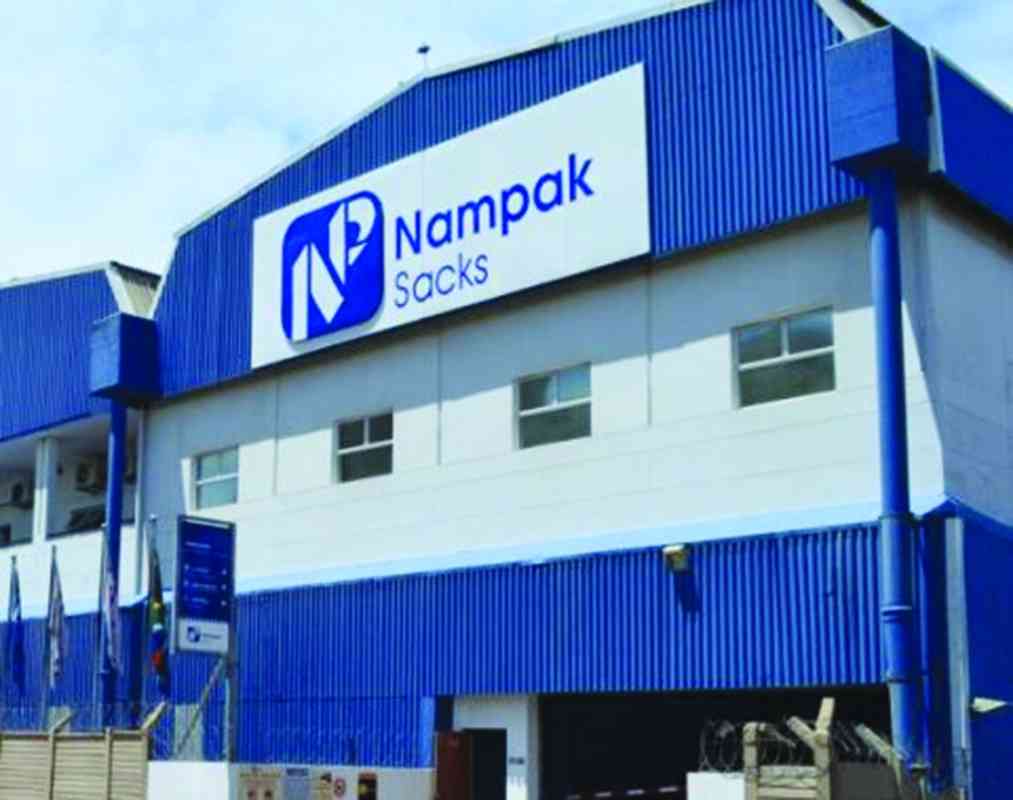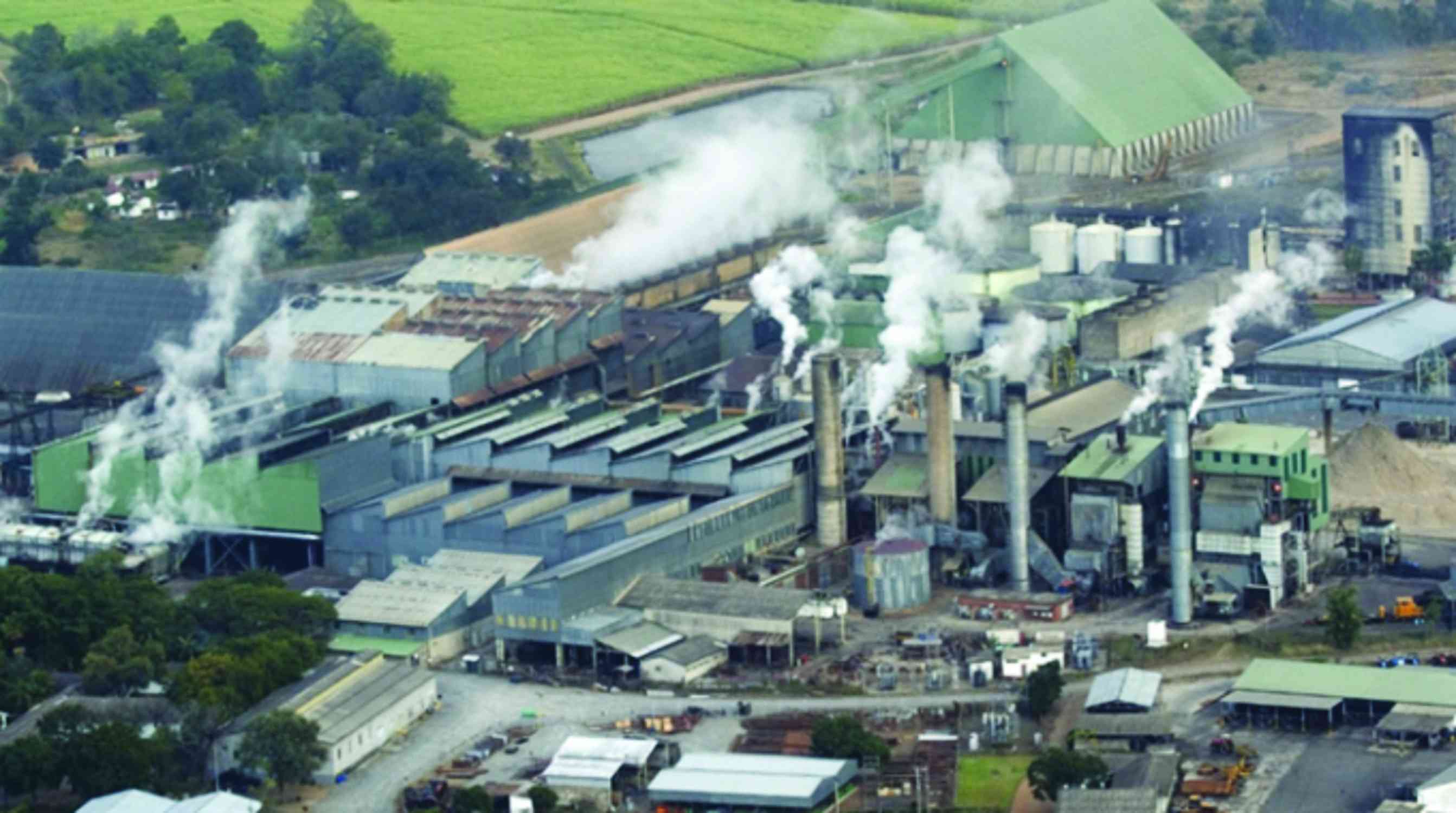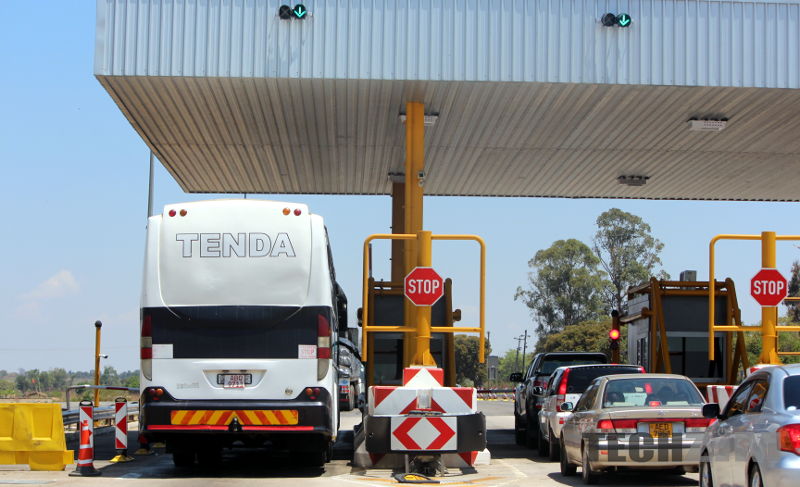
SHAME MAKOSHORI THE Zimbabwe National Roads Administration (Zinara) has approached banks to inject ZW$5 billion (US$40,3 million) to revamp the country’s crumbling roads, new chairperson George Manyaya said, as he undertook to “revolutionise” a network that has been grounded by mismanagement and plunder.
Manyaya took over the hot seat this January with a mandate to arrest corporate governance decay at the multibillion dollar fund that until recently, had courted national outrage due to theft and pillage.
On Monday, the Zinara boss said he was aware of the huge responsibility ahead.
However, he pleaded with frustrated citizens not to judge him and his new team based on a history that has reduced Zimbabwe’s roads to near gullies.
Delinquent former executives, who would soon be hunted down and forced to account for profligacy, milked Zinara’s coffers dry, before walking out scot-free under unclear circumstances.
Even Parliament has kept a keen eye on how their cases would be handled.
“Judge us by our deeds, not omissions and commissions of the past,” Manyaya told reporters, promising a complete clean-up of the agency.
Zinara is doubling to ZW$17 billion (US$137 million) allocations to 93 roads authorities this year to quicken reconstruction efforts, which have become crucial following seven years of extensive destruction.
- Chamisa under fire over US$120K donation
- Mavhunga puts DeMbare into Chibuku quarterfinals
- Pension funds bet on Cabora Bassa oilfields
- Councils defy govt fire tender directive
Keep Reading
Last year, Zinara sent out ZW$9,5 billion (US$76,6 million) for the projects after President Emmerson Mnangagwa declared a state of disaster on the roads system.
The administration collects funds for repairing roads through its tolling system and gives the Department of Roads, the District Development Fund and urban and rural councils to carry out the work.
Zinara chief executive officer Nkosinathi Ncube is leading efforts to clinch deals with banks to save the country, Manyaya said.
There will be more headwinds along the way, however.
Even the combined effort of banks and Zinara will not be powerful enough to build a war chest that rebuilds roads in the short term to underpin the return of a flawless transportation system.
“We are not going to sugar coat,” Ncube told reporters.
“The road network is bad. We collected about 10% (in 2021) of what is needed for roads to be fully fixed. We are discussing with banks to give advance (loans) so that we can give roads authorities.
“These are the facilities that we are working on because if we wait to collect revenue (through toll gates) until November then we disburse to authorities the roads will be deteriorating further.
The banks that we are working with will give us ZWL$5 billion to ensure that continuous work is done,” Ncube added.
He was not at liberty to divulge the banks that Zinara is courting, or when a deal was likely.
However, so much work would have to be done to assure prospective lenders that extravagance is now history at Zinara, and that any funding deployed into the agency would never be diverted into constructing big houses or seaside mansions for bigwigs.
Tough questions would be piled on Manyaya and his team to explain, especially after the disclosures that even the US$206 million accessed from the Development Bank of Southern Africa (DBSA) about a decade ago has fallen into arrears.
The new board has pleaded with Zinara to revisit the DBSA contract, which it says was heavily tipped into the regional lender’s favour.
For now, however, the road crisis is escalating.
After heavy rains tore through the country in the past two years, ripping off bridges and replacing swathes of the gravel and tar with gullies, motorists’ nightmares have escalated, frustrating recovery efforts.
Zinara projects to collect ZW$34 billion (US$274 million) this year, according to Manyaya.
He said ZW$17 billion (US$137 million) of this had been earmarked for the road rehabilitation programme.
“The state of our roads is not looking good,” Manyaya said.
“This is why the President launched the Emergency Road Rehabilitation Programme. From March 2021 we disbursed ZW$9,5 billion to roads authorities.
We have mobilised funds for 2022. Disbursements would be done in the next two weeks.
“Zinara is ready to disburse ZW$17 billion for road rehabilitation. We are looking at alternative funding with banks to give us facilities.
We call this the infrastructure revolution,” Manyaya said.

